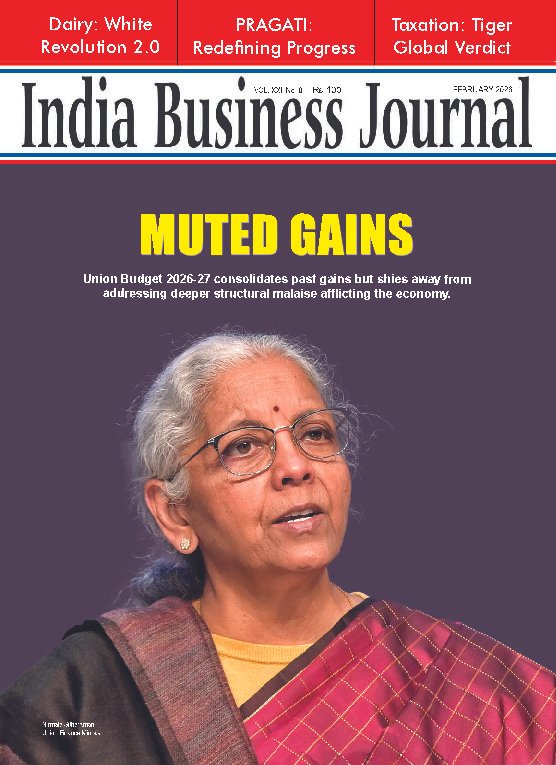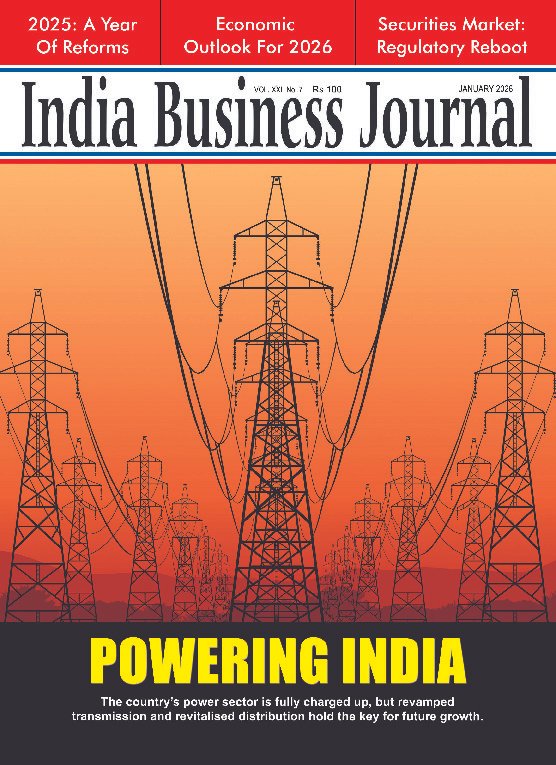CORPORATE
Adani Group crisis poses questions on future funding of India’s green transition
- IBJ Bureau
- Feb 06, 2023

The crisis facing billionaire Gautam Adani has revealed a potential pitfall in India’s ambitious plan to reduce emissions: its reliance on the country’s most affluent and powerful private citizens.
Led by Mr Adani’s $70-billion pledged investment in green energy infrastructure, India’s tycoons have so far committed to spend far more than the government on the energy transition. Reliance Industries’s Mukesh Ambani and JSW Group’s Sajjan Jindal, along with energy giants like the Tata Group, have also rushed to champion the shift to a cleaner future.
But Hindenburg Research’s allegations about companies linked to the Adani Group have raised doubt on the conglomerate’s future, including its massive green energy investment. It has also created problems for Adani Green, the group’s renewable energy arm. The storm engulfing Asia’s now second-richest man also threatens to spread to the other conglomerates. Hindenburg Research has raised questions about the country’s corporate governance.
Pace of investment may slow down because the Adani Group is a dominant player in India’s clean energy industries, notes Ashiwni Swain, fellow at New Delhi-based Centre for Policy Research. “We cannot bank on two or three companies to reach our goals. We need a populated sector,” he adds. “There are other players, and many more will join to take the journey forward.”
The country’s national climate blueprint sets 2070 as a goal for net-zero emissions, 10 years after China and two decades behind Europe. India will continue to expand its coal power fleet to alleviate energy shortages, prompting the government last month to defend its use of fossil fuels while in the same breath vowing to remain committed to decarbonisation.





















Report By
View Reporter News